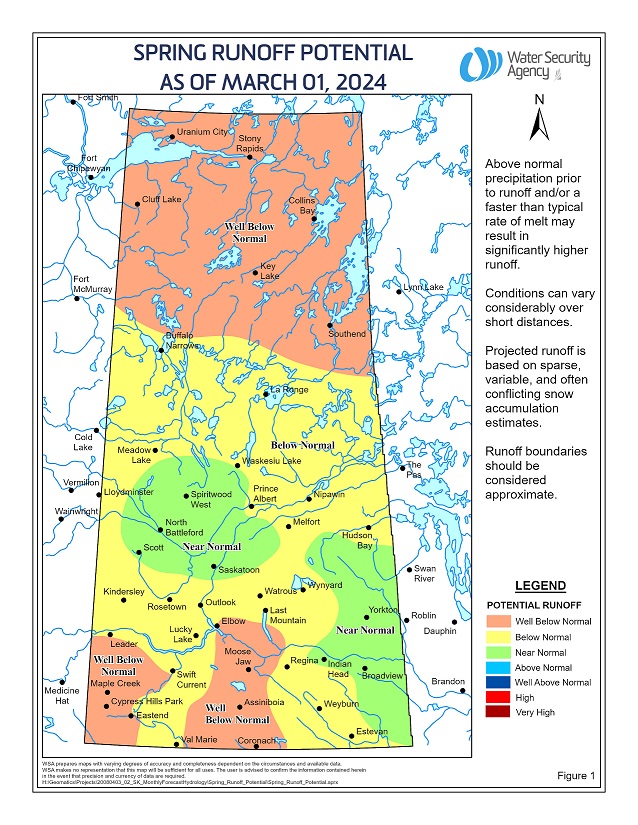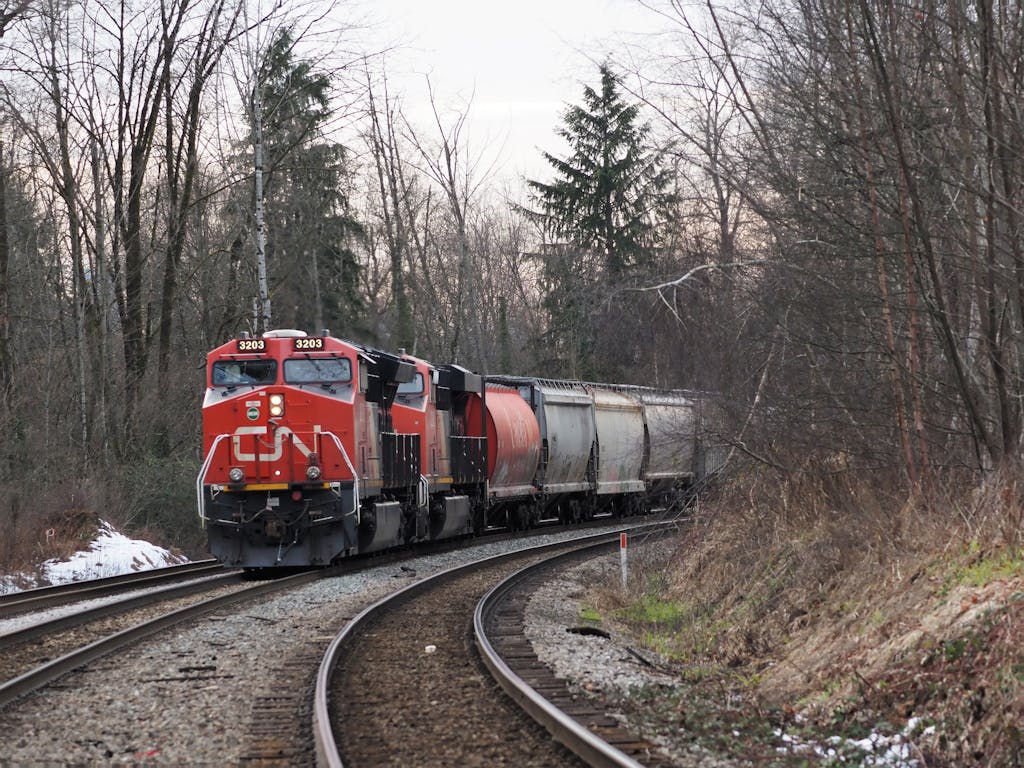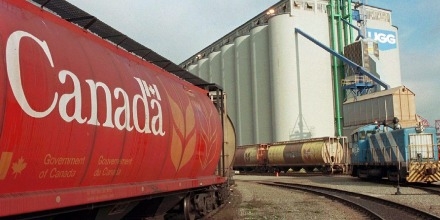Recent snow storms at the beginning of March improved the Saskatchewan Water Security Agency’s Spring Runoff Forecast for 2024.
Snowfall from the first weekend of March brought up to 40cm of snow around central and southern regions of the province, improving runoff potential. Saskatoon and North Battleford reportedly got in excess of 40cm and the Regina area around 14-18cm of snow. Areas to the west saw less but more in areas east and north.
The WSA notes “a near normal runoff is expected in the Saskatoon area and west toward Biggar, as well as in the eastern portions of the grain belt along the Manitoba border.”
The remainder of the province, however, is expected to have below to well-below normal runoff this spring. As of March 4, snowpack around the province is also below to well-below normal.

“Although, the recent snowfall will help our situation and our producers this spring, we as a government will still be prepared to help those areas with dry conditions,” Minister Responsible for Water Security Agency David Marit said in a news release. “More moisture will be needed as temperatures continue to stay above zero. WSA will still be taking as many proactive measures as possible to prepare for changing conditions.”
The spring runoff forecast builds off of the preliminary report released in February with the inclusion of data from snowpack surveys.
Spring runoff is dependent on fall soil moisture, snowpack water content, and how quickly the snowpack melts.
Work to retain water supplies has been conducted over the winter, which the WSA says “has helped keep water levels at most major reservoirs at or above normal levels for this time of year.”
Despite drier conditions, most reservoirs in southern Saskatchewan are at or above normal levels, however “reservoirs such as Avonlea and some in the southwest (e.g., Altawan and Cypress) may experience surface water supply concerns due to the depleted snowpack.”
The Water Security Agency continues to monitor conditions and continues to work with “other government agencies to identify opportunities and programming to support communities and producers who may be facing challenges from dry conditions.”



